detail profile helmut qualtinger
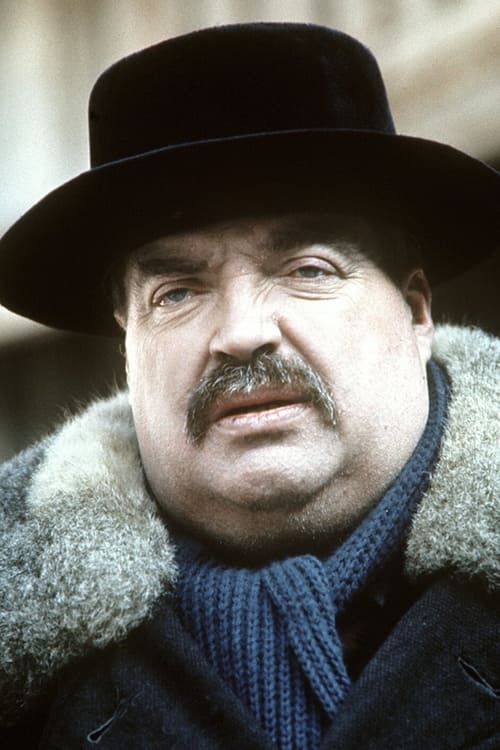
Riwayat Hidup
Helmut Qualtinger was born in Vienna, Austria.
He initially studied medicine, but quit university to become a newspaper reporter and film critic for local press, while beginning to write texts for cabaret performances and theater plays.
Qualtinger debuted as an actor at a student theater and attended the Max Reinhardt Seminar as a guest student.
Beginning in 1947, he appeared in cabaret performances.
In 1949, Qualtinger's first theatrical play, Jugend vor den Schranken, was staged in Graz.
Up to 1960, Qualtinger collaborated on various cabaret programmes with the Namenlosen Ensemble made up of Gerhard Bronner, Carl Merz, Louise Martini, Peter Wehle, Georg Kreisler, and Michael Kehlmann.
Qualtinger was famous for his practical jokes.
In 1951, he managed to launch a false report in several newspapers announcing a visit to Vienna of a (fictional) famous Inuit poet named Kobuk (author of "The Burning Igloo").
The reporters who assembled at the railway station however were to witness Qualtinger, in fur coat and cap, stepping from the train.
Asked about his "first impressions of Vienna", the "Inuit poet" commented in broad Viennese dialect, "Haaaßis'sdo - [It's hot here]".
The short one-man play Der Herr Karl, written by Qualtinger and Carl Merz and performed by Qualtinger in 1961, made the author known across German-speaking countries.
"Herr Karl", a grocery store clerk, tells the story of his life to an imaginary colleague - from the days of the Habsburg empire, the First Austrian Republic, the Austrofascist regime leading up to the Anschluss (annexation) by Nazi Germany, World War II and finally military occupation by Allied forces in the 1950s, seen from the perspective of a one who is a prototypical opportunist.
Qualtinger's portrayal of the petit-bourgeois Nazi collaborator came at a time when "normality" had just been restored and Austrians' involvement in the Nazi movement was being downplayed and "forgotten", making many enemies for the author, who even received anonymous threats of murder.
Beginning in the 1970s, Qualtinger frequently performed recitals of his own and other texts, including excerpts from Adolf Hitler's Mein Kampf and Karl Kraus' Die letzten Tage der Menschheit (The Last Days of Mankind).
These recitals were highly popular and resulted in several records being published.
Qualtinger played countless theater, TV and film parts, making his final appearance in The Name of the Rose in 1986, along with Sean Connery.
Qualtinger died in Vienna on 29 September 1986, of a liver condition.
From Wikipedia, the free encyclopedia
Info Pribadi
Peran Yang Di Mainkan Helmut Qualtinger
 14thcentury Franciscan monk William of Baskerville...
14thcentury Franciscan monk William of Baskerville...The Name of the Rose 1986
14th-century Franciscan monk William of Baskerville and his young novice arrive at a conference to find that several monks have been murdered under mysterious circumstances. To solve the crimes, William must rise up against the Church's authority and fight the shadowy conspiracy of monastery monks using only his intelligence; which is considerable.
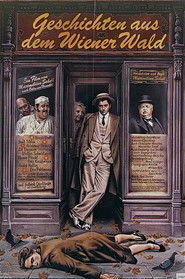 Based on a popular 1931 play the...
Based on a popular 1931 play the...Tales from the Vienna Woods 1979
Based on a popular 1931 play, the film tells the fate of a naive young woman named Marianne, who breaks off her reluctant engagement with Oskar the butcher after falling in love with a fop named Alfred who, however, has no serious interest in returning her love. For this error, she must pay bitterly.
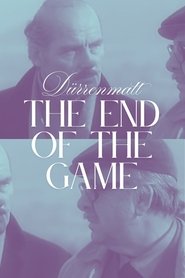 Hans Baerlach is a Swiss police...
Hans Baerlach is a Swiss police...End of the Game 1978
Hans Baerlach is a Swiss police detective who has dedicated much of his career to pursuing powerful and allegedly murderous businessman Richard Gastmann. Though Baerlach's partner meets his demise while investigating Gastmann, his replacement, Walter Tschanz, is undaunted. Meanwhile, the lovely Anna Crawley becomes involved in the case, which proceeds to take many twists and turns.
 Edgar Burgman after collaborating to assassinate...
Edgar Burgman after collaborating to assassinate...Mitgift 1976
Edgar Burgman, after collaborating to assassinate the elder senator husband of Alice Young, the wife remarried. The woman, after a short period, doubts of love Edgar and convinces more and more that, having married out of interest, now wants to eliminate the possession of his great assets.
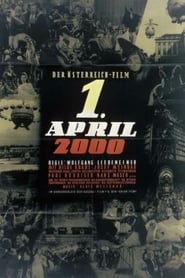 It is the year 2000 and the...
It is the year 2000 and the...April 1, 2000 1952
It is the year 2000 and the World Global Union is in charge, although other countries are allowed to elect their own government leaders, as long as they support the Union. When Austria's newly-elected president, played by Josef Meinrad, makes his inauguration speech he declares Austria independence and issues an edict ending Austria's financial support for the Global Union.
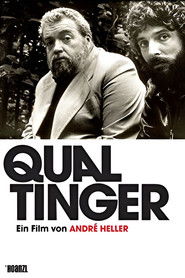
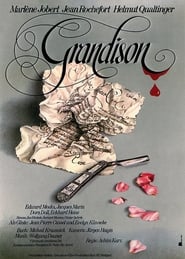
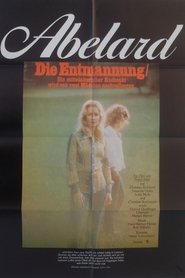 The story is about the Munich...
The story is about the Munich...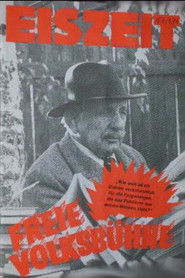 After World War II an aging...
After World War II an aging...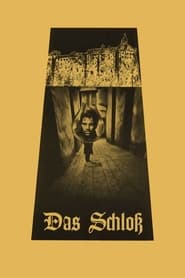 A man comes to a small...
A man comes to a small...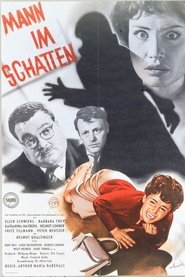 Crime Thriller with Helmut Qualtinger as...
Crime Thriller with Helmut Qualtinger as... In 1815 Vienna a corsetmaker falls in...
In 1815 Vienna a corsetmaker falls in...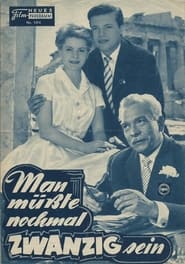
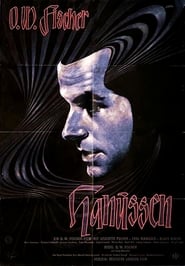 In Germany during World War II...
In Germany during World War II...